From Carnival to Viking, almost every cruise line has fallen foul of New Zealand’s tough biosecurity regulations about hull cleaning. It’s meant disaster for many passengers who have travelled around the world for a once-in-a-lifetime experience.
At least seven ships have changed their itineraries – and earned the ire of passengers for late calls that have left some bucket list trips in ruins.
The biggest complaint: the rules have been in existence since 2018, so why weren’t we prepared?
Celebrity Eclipse, Oceania Regatta, Queen Elizabeth, Regent Seven Seas Explorer, Viking Orion, Azamara Quest and Coral Princess have made itinerary changes – some have had to carry out expensive hull cleaning, thanks to the laws in New Zealand waters designed to protect the coastline.
Some lines have moved quickly to compensate passengers affected by changes that meant their favourite ports were out of bounds. Others, thanks to the late call, have not moved quite so swiftly.
One angry UK passenger told Cruise Passenger: “We were informed of itinerary curtailment just 8 hours before we were due to fly out of UK: 23.59 on Wednesday, Jan 4th. No real apology. Lots of very angry passengers who booked to see New Zealand did not spend time 12 nautical miles off the coast. They have known about these biofouling rules since 2018!”
Stan Hoey told us: “The Hotel and Retail Manager was sympathetic and stressed that they’d done all they could to avoid the itinerary change, which I don’t accept. He gave me a letter with details of who I should contact back in the UK, and recorded our discussion in their internal system.
“He also implied in a follow-up call that there will be an announcement on the ship over next few days although he said he didn’t know what it would say.
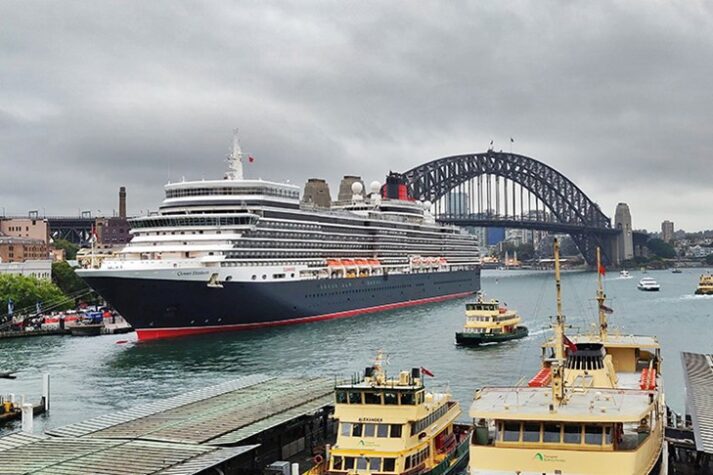 New Zealand and Australia have some of the toughest bio protection laws in the world, as they try and protect their coastline from all forms of shipping – including container vessels – which can carry foreign algae and other potential threats to our shores.
New Zealand and Australia have some of the toughest bio protection laws in the world, as they try and protect their coastline from all forms of shipping – including container vessels – which can carry foreign algae and other potential threats to our shores.
The New Zealand Cruise Association’s CEO Kevin O’Sullivan has held tasks with Government officials to try and get a solution that works for both parties.
He told Cruise Passenger: We met with the Ministry for Primary Industries – Biosecurity NZ on Monday and they released the following statement that day:
‘Biosecurity New Zealand has had a very constructive meeting today with the New Zealand Cruise Association, where New Zealand’s strict biofouling requirements were at the forefront of discussions.
‘We know that the Association and vessel operators understand the importance of New Zealand’s strict biosecurity protocols to protect the country’s special marine environments, the aquaculture industry, and economy and we appreciate that the Association reinforced that view.
‘Biosecurity New Zealand undertakes significant stakeholder engagement to help vessel operators comply with biofouling requirements to ensure biofouling on hulls does not bring unwanted organisms into our waters – and we will continue with that education and engagement.
‘During the meeting, it was also reiterated by Biosecurity New Zealand and acknowledged that:
- The current biofouling regulations and protocols (Craft Risk Management Standard) came into force in 2018 – and have not changed.
- All commercial vessels are subject to the regulations, not just cruise ships.
- Cruise lines were advised of the regulations by port agents, well in advance, and again more recently.
- Biosecurity NZ remains fully committed to balancing the need for cruise visitors to be in New Zealand, with protecting our special marine environment and economy. To this end, Biosecurity New Zealand will continue to work very closely and actively with vessel operators.’”
Mr O’Sullivan said: “It is possible, but unlikely, that we may see more incidents this season – the fouling discovered by MPI during inspections is minor, but the requirements for cruise ships are very strict.
“Ships are not denied entry to all ports but may visit places such as the Bay of Islands only after any fouling identified by MPI has been removed.”
Some lines have moved quickly to compensate passengers.
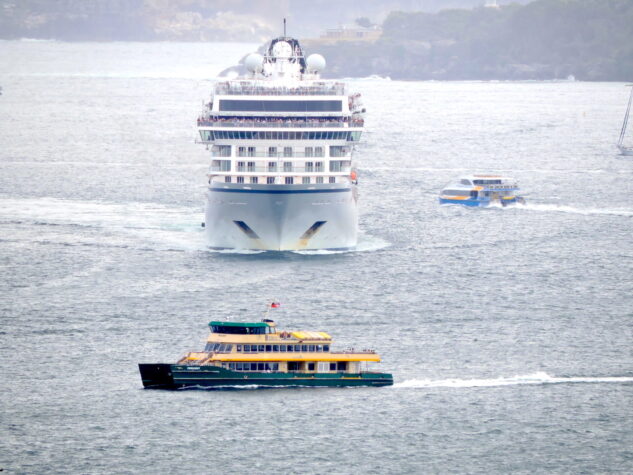 Viking said: “Following the exterior cleaning of a limited amount of standard marine growth (commonly known as marine biofouling or algae) from the ship’s hull—a routine cleaning procedure for nautical vessels—the ship, unfortunately, missed several ports on this itinerary. As compensation for the impact to their voyage, Viking has provided all guests on board with a voucher valued at 100% of what they paid to Viking that can be used for any future voyage.”
Viking said: “Following the exterior cleaning of a limited amount of standard marine growth (commonly known as marine biofouling or algae) from the ship’s hull—a routine cleaning procedure for nautical vessels—the ship, unfortunately, missed several ports on this itinerary. As compensation for the impact to their voyage, Viking has provided all guests on board with a voucher valued at 100% of what they paid to Viking that can be used for any future voyage.”
Regent Seven Seas also issued a statement: “Seven Seas Explorer is currently sailing a 14-night cruise which guests embarked on December 29, 2022, and are scheduled to disembark in Auckland, New Zealand on January 12, 2023. Due to local regulations to enter New Zealand navigational waters, a cleaning operation of Seven Seas Explorer’s hull is required. The cleaning must be carried out by a company recognised by New Zealand’s Ministry for Primary Industries, none of which have been available at ports the ship has recently visited or will visit before its scheduled entry to New Zealand waters.”
The statement said Regent Seven Seas Cruises’ technical teams arranged for the cleaning operation to be carried out off the coast of Adelaide, and the ship sailed to South Australia.
“All guests on board have been offered compensation, and a number of guests chose to disembark in Adelaide to make their onward travels. We understand and apologise for the inconvenience, frustration, and disappointment this disruption has caused to our valued guests, and we appreciate their continued understanding.
An Oceania spokesperson told Cruise Passenger: “Due to local regulations to enter New Zealand’s navigational waters, Regatta is required to complete necessary biofouling remediation, resulting in two port stops being cancelled on Regatta’s current voyage.
The Coral Princess had to clean its hull just before Christmas, and Viking Orion, which was in the middle of a cruise in New Zealand when it diverted from Wellington on Boxing Day for hull cleaning in Australia.
Queen Elizabeth has had to cancel visits to New Zealand’s Fiordland departing today from Sydney’s Overseas Passenger Terminal.
Associate Professor Sophie Leterme told AAP that organic build-up on ship hulls including bacteria, plankton, sea grasses, mussels and barnacles can enable “stowaway” species to reach Australia.
“If they make it to our reefs, they might decimate the environment and cause some serious issues,” she said.
Cruise Passengers are still in the dark and concerned about their journeys.
Kelland Hutchence asked: “We are due to leave Melbourne on the QE2 on 14 Feb, heading for New Zealand. So far we have had no communication from Cunard. I would very much like to know if there will be a change of itinerary as we have to return to France by air from Auckland. Can anyone tell me has the sip has been cleaned yet?”

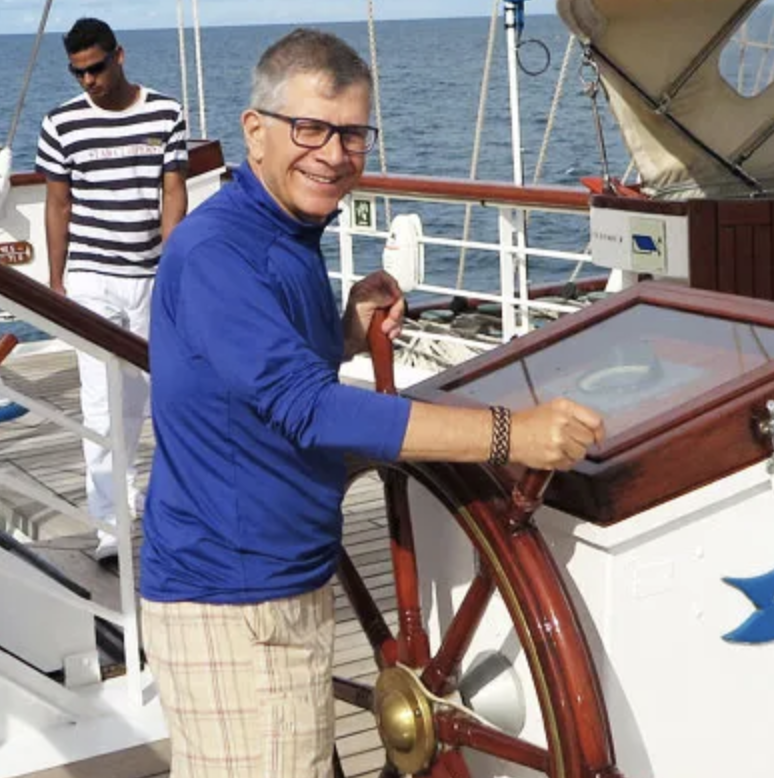
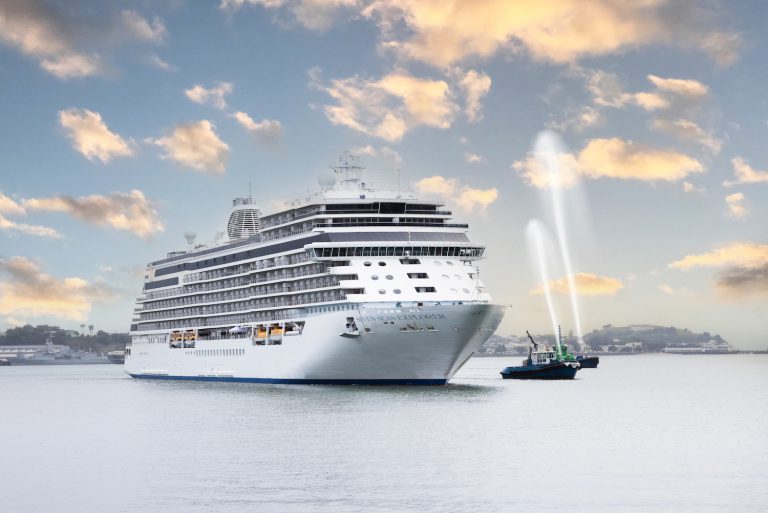
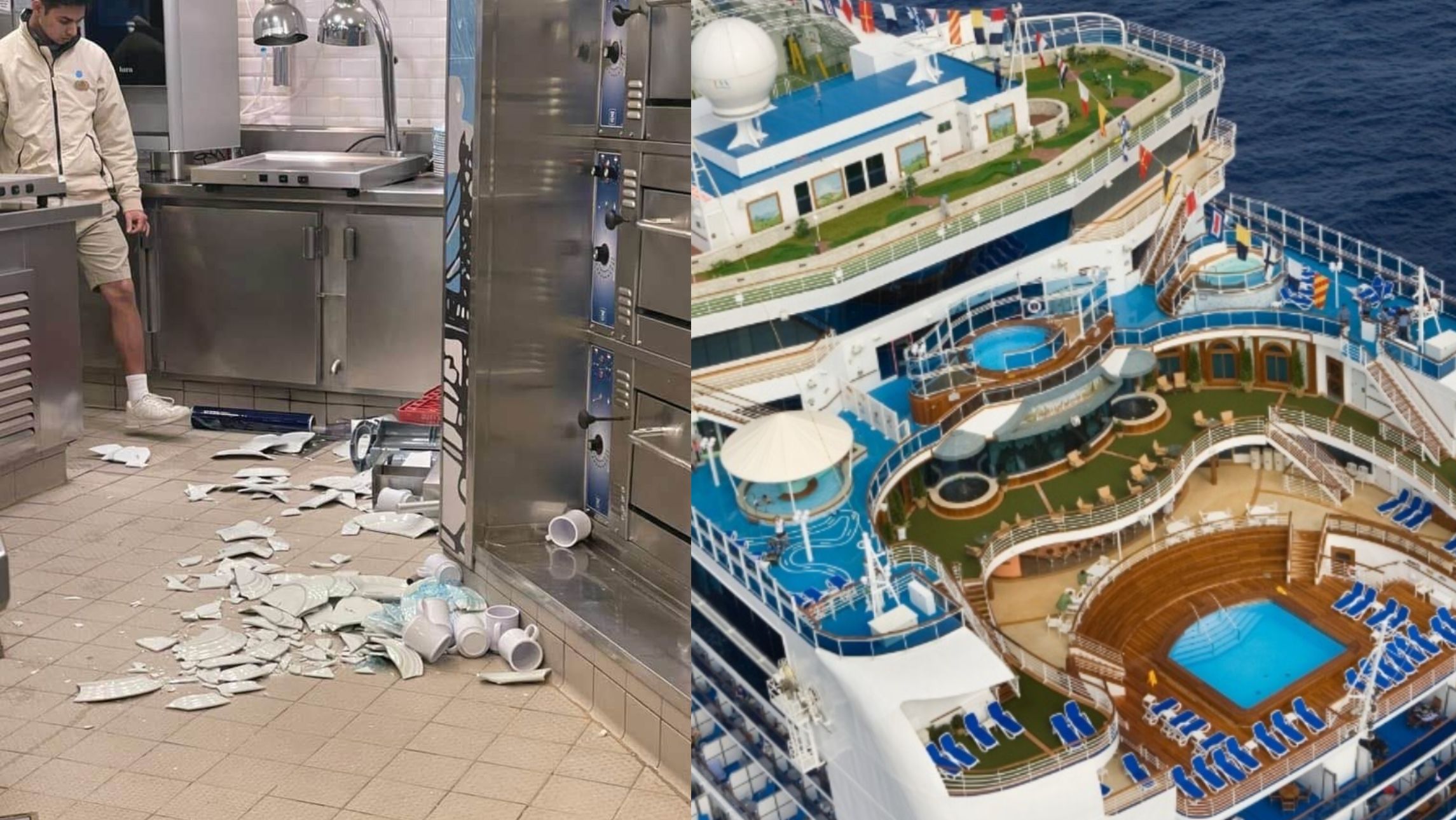
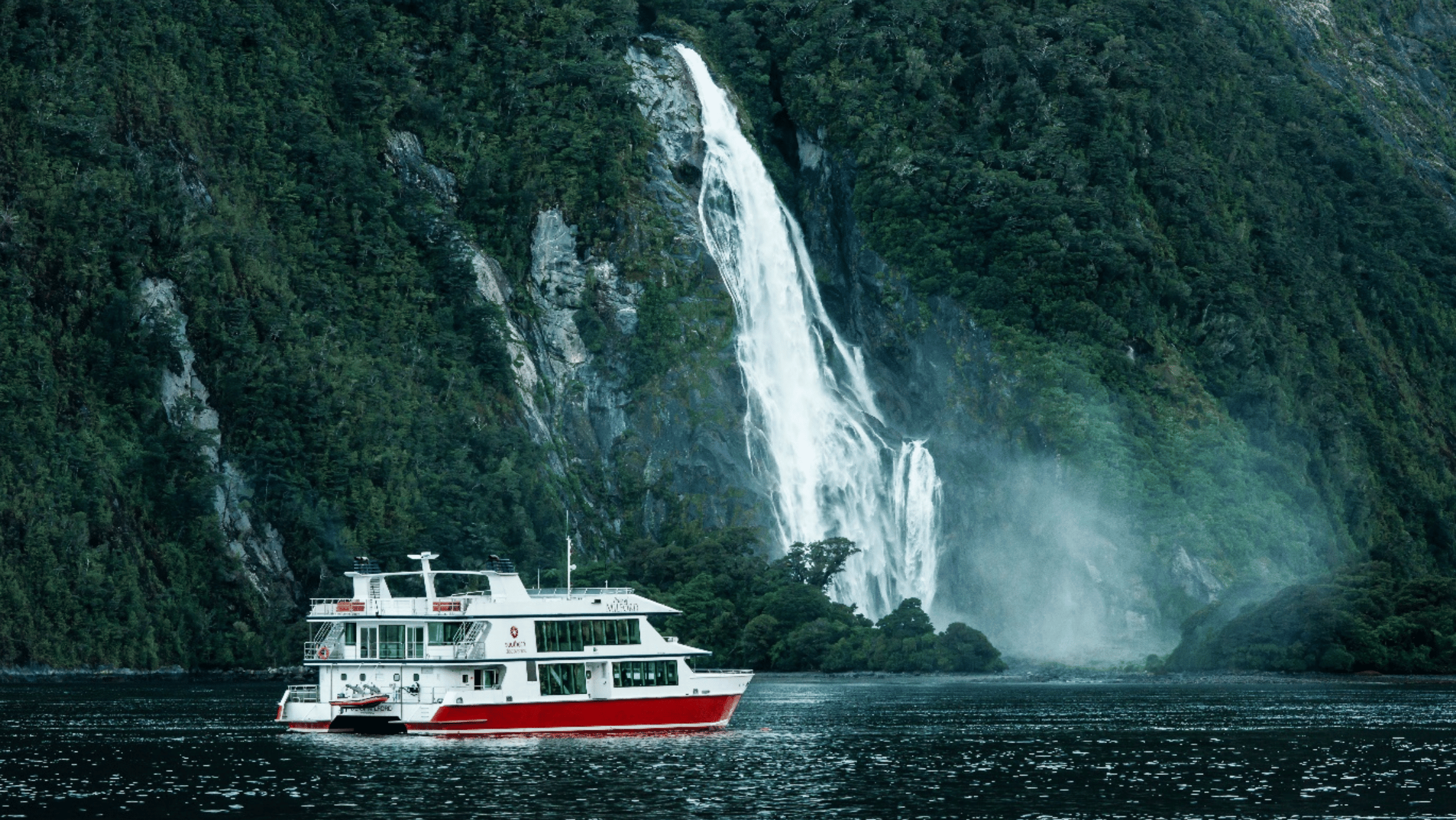

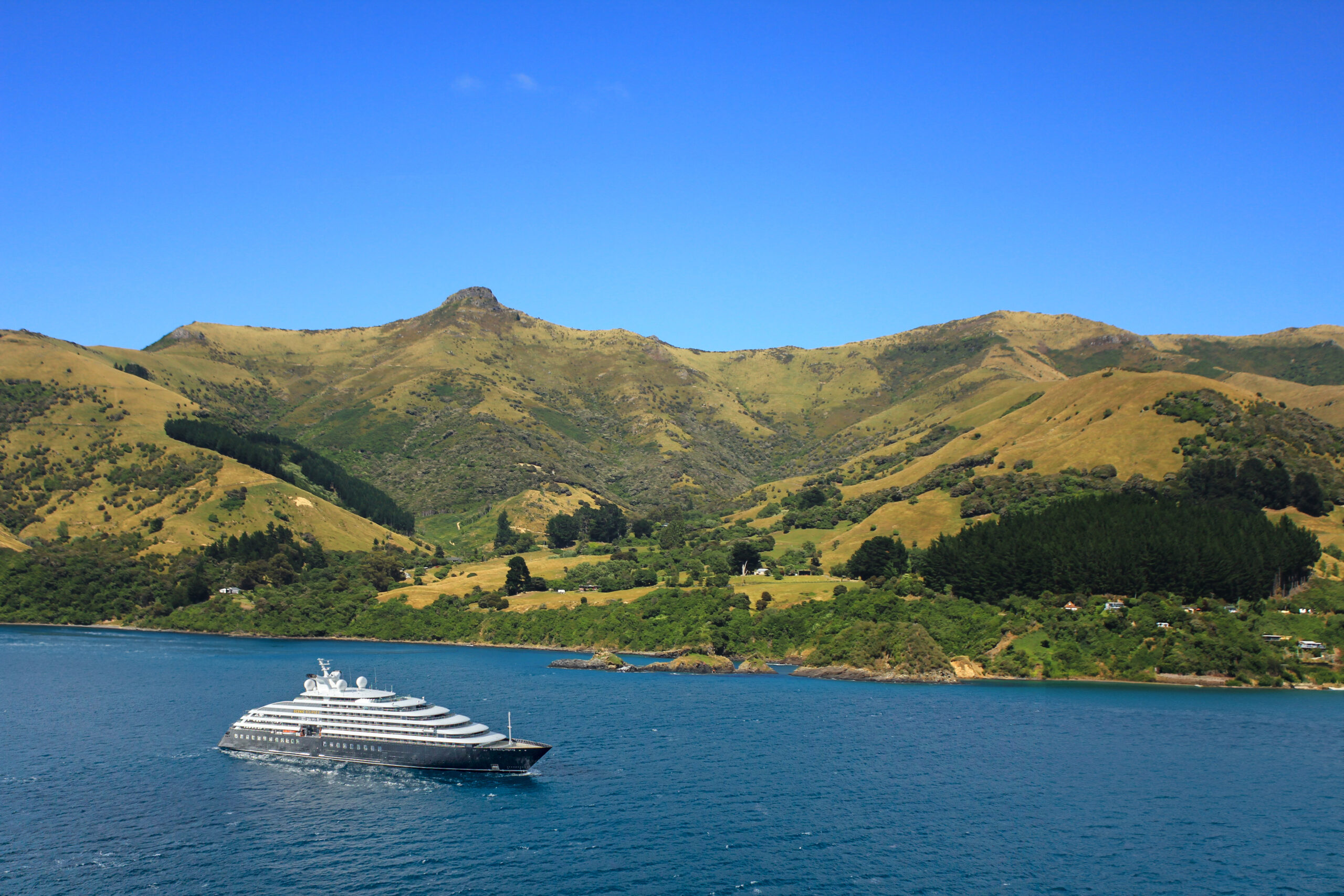

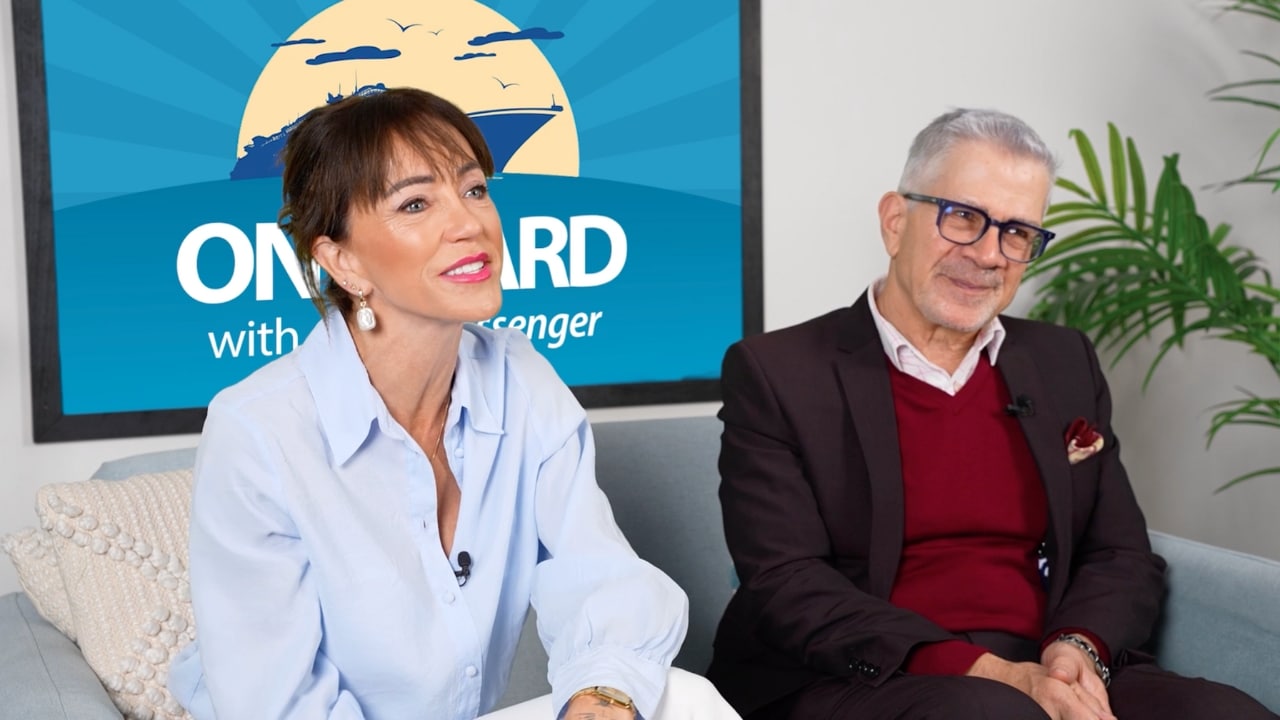

just been told mu QE criuse in 12 days to NZ not visiting the two best places am cancelling for full refund
Last summer 2022 Eclipse was cruising Vancouver to Alaska. They had drag problems with their speed and had to bypass a couple of ports..Theyh did their due diligence and took the Eclipse out of commission -yes cancelled a week of cruises and the ship was taken to Oregon where it was put into drydock and had the hull cleaned of the barnacles that were causing the drag in speed. The ship then returned to Vancouver and had a wonderful 2022 Vancouver-Alaska season.
Celebrity did the right thing..it cost money and time and a lot of disappointed travelers but they nipped the problem in the bud. We were on her July 31 and had a great cruise..a normal speed, no missed ports and no more hickups..I was surprised to see the Eclipse on this list as they had debarnacled and painted the ship and I didn’t realize this problem would reappear so soon.. We have done many cruises, but back in 2012 we cruised Australia Gold coast on Solstice, that was our 1st Celebrity cruise, and have never looked back..# 13 coming up later this year…
The answer to Melissa’s question would depend on how fouled the hull is….
Cunard/Carnival was hoping to achieve a clean of the Queen Elizabeth on Saturday 14th January taking 24 hours. It hasn’t been able to complete the clean during that unscheduled day at sea and will now miss Bay of Islands on voyage Q303 as well as (earlier) missing Dunedin and Fiordland and rescheduling Wellington. No refunds, only refunds of execursion payments n USD (without allowance for currency exchannge costs), 100 USD cruise credit per passenger, and now a future cruise credit which will not be used by many passengers.
It’s frustrating that seven ships (and the Queen Elizabeth on its Boxing Day voyage around New Zealand as well as (twice) on its current (January) voyage out of Sydney around New Zealand) should have been caught up in this industry-scale faiklre. It’s even more frustrating that Cunard hasknown of a Biosecurity problem and not advised passengers of its failure to fix the problem until the last moment. None of this augurs well for the future of an industry which carries other environmental, economic and social baggage
We were passengers on board the ill fated Viking ORION ship, leaving Auckland 23rd December 2022 – 5th January 2023 for 14 days cruise to NZ and Tasmania and Melbourne. Unfortunately because of Viking’s neglect in having the ships hull cleaned before we boarded in Auckland, we were denied visiting scheduled stops at the South Island of NZ, Tasmania and Melbourne, instead spend 8 full days at sea with NO stops off the ship until we sailed straight for Adelaide whereby we anchored 14 km out of Australian waters to have the hull clean. 2 days and a night we were stranded whilst the hull was cleaned by divers, and whilst we all were on board, engine stopped. Many passengers were sea sick at this stage.
We were then told we could not got off the ship at Adelaide, only to be told we had to make our way to Melbourne for supplies.. We then were again told we could not get off at Melbourne. Now 9 days at sea without getting off the ship. We then went on to Sydney docking on the 5th Jan 2023. Absolute disastrous cruise.
Viking has now refused a full financial refund of money paid, only offering a voucher for future cruise. Of course this is not acceptable by a number of passengers whom we have been corresponding with in NZ, USA and Australis, where I live.
From what I understand is they have had the cleaning done in Bali. Many of these cruise ships did a repositioning cruise that went to Bali. Lots of cruisers on sail boats use Bali to get their hulls cleaned also.
Well in 2022 New Zealand started enforcing the strict laws they passed in 2018. Most of these cruise ships that got caught had already had one cruise in from Australia to New Zealand before they were told their hulls weren’t good enough.
This was all over Christmas and New Years and it was hard to find divers at that time to clean the hulls. Bali didn’t do a good enough job.
Most of these ships moved with a cruise from Bali to Sydney in late November.
Will New Zealand also ban creatures such as whales that carry barnacles and other forms of life from continent to continent and islands etc.
They could also potentially spread marine creatures that New Zealand may not want lol
I can’t believe all these ships suddenly got contaminated so why is NZ suddenly being so feral five years after the rules were brought in?
I travelled on coral and it was not clean on board let alone underneath
I would love to know the cost of having the haul cleaned and how long it takes to complete. This is just another thing that the cruise lines are saving money on and just disappointing customers!